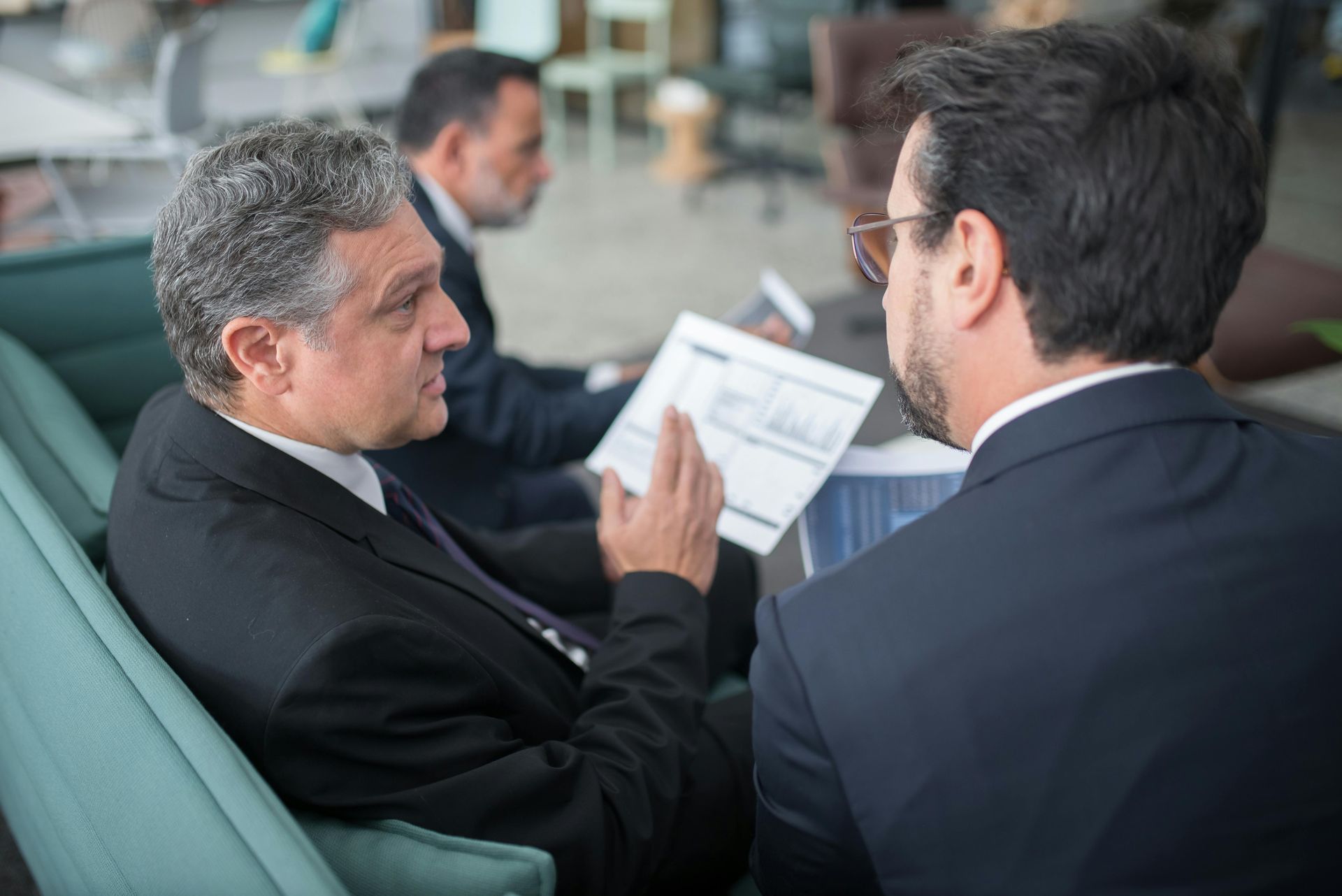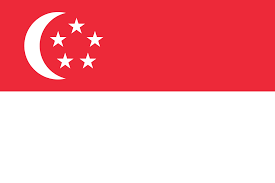A New MITRE Center to Help America Meet Strategic Competition Challenges
Dr. Charles Clancy joined Dr. Ford in publishing an article on the topic of MITRE's new Center for Strategic Competition. It can be found here on LinkedIn, but for your convenience it is also reproduced below:
America faces formidable challenges—prominently among them that of strategic competition with China—which cut across broad areas of economic, military, technological, and diplomatic policy. But U.S. leaders and institutions are not well prepared to operate effectively across such multiple interlocking domains of power and influence, and our country is only just beginning to try to respond with the kind of holistic responses that are needed.
To help with this, MITRE has created a new Center for Strategic Competition (CSC). Chartered in the public interest, MITRE has been helping U.S. Government sponsors solve problems and make the world a safer place since 1958, but the CSC is new.
Devoted to bringing “systems thinking” to challenges of strategic competition and to leveraging the diverse capabilities and talents that exist across MITRE’s 9,000-person, $2.3 billion enterprise to help address these problems, the CSC was created to help address a distinct need.
As we write this, Congress is working to reconcile versions of the Bipartisan Innovation Act that will make generational investments in innovation, domestic manufacturing, strengthened supply chains, and provide support for semiconductor manufacturers. Chinese Foreign Ministry spokesman Wang Wenbin has criticized this legislation, complaining that Americans should stop “making issues out of China” and instead “work to uphold the stability” of existing global supply chains.
Wang’s complaint unintentionally highlights the problem the United States faces: We’ve gotten entangled in a web of dependencies on an adversarial power in ways we didn’t think through and which we still don’t fully understand. In response, we’re only now beginning to devise ways to assess the competitive terrain, make informed risk-benefit tradeoffs, and implement effective counterstrategies.
From the perspective of the Chinese Communist Party (CCP) Wang represents, therefore, what’s not to like about the current state of global supply chains? For decades after the end of the Cold War, U.S. leaders made economic and technology-transfer decisions on the assumption that strategic competition between great power rivals was a thing of the past. Sweeping globalization in capital, trade, technology, and labor flows rewarded decisions to maximize competitive cost advantages, productive and transportation efficiencies, and corporate profit margins in economic relationships—including supply chains—without considering the strategic implications.
What Wang didn’t intend to emphasize is how such decisions can create dependencies that a revisionist great power adversary could manipulate for strategic advantage—such as in deterring efforts to help a democracy it threatens with aggression, using coercion to export authoritarian restrictions on free expression, or protecting kleptocrats, human rights abusers, and perpetrators of genocide from accountability. Americans have benefited hugely from economic and technological globalization, including ties with China, and complete “decoupling” is both unwise and unfeasible. Yet the costs and risks of strategic dependency are also becoming manifest. Mitigating the most dangerous of these dependencies and coping with the CCP’s revisionist geopolitical strategy represents a “whole-of-nation” challenge of a sort America hasn’t seen from an adversary for a long time—and involves rivalry in technological innovation, economic dynamism, and industrial capacity in ways we’ve never faced since becoming a great power ourselves.
Yet there is not a good playbook for how to answer such whole-of-nation challenges. Those of us who study CCP strategy can certainly see what competitive strategy looks like in a police state organized on state-capitalist lines and run by Leninists who fancy themselves benevolent Confucians but behave in practice like thuggish Chekists. But U.S. leaders both cannot and should not approach competitive strategy through CCP-style authoritarian coercion. Instead, we need whole-of-nation answers that are consistent with democratic values and build upon America’s own strengths and competitive advantages.
Finding the right answers—both on our own and with like-minded international partners who share our interest in preventing the CCP from recasting the global order in its authoritarian image—will require “systems thinking.” Today’s competitive strategy challenges exist in and across all the arenas of hard, “sharp,” and soft power.
Much of the complexity of the challenge, furthermore, derives from the interactions between such facets of power. This makes competitive strategy vis-à-vis China a true systems problem, requiring systems thinking. This will include, among other things, developing holistic and cross-sectoral situational awareness, analysis, and insights through the use of cutting-edge data analytics, modeling, and decision-support tools, and informed by as wide an array of data as possible. It will also need sophisticated and data-driven evaluations of the impact of different possible courses of action, and partnerships between diverse stakeholders from the public sector, private industry, academia, and civil society within and across national frontiers.
Getting this right will require the kind of attention and energy America displayed during the Sputnik era, but rather than driving toward a particular technical and physical feat, our modern “moonshot” will need to be conceptual and organizational.
MITRE created the CSC to help federal sponsors and other stakeholders with exactly this sort of problem, and we are convinced that the United States and its allies and partners can learn and adapt in ways that will enable them to meet the challenge of strategic competition and to thrive in the years ahead.
So what is the CSC’s response to Ambassador Wang and to the challenges of strategic competition our country faces today? “Game on.”
About the Authors:
Dr. Christopher Ford is a MITRE Fellow and Director of the Center for Strategic Competition. He is also a Visiting Fellow at Stanford University’s Hoover Institution, and formerly served as U.S. Assistant Secretary of State for International Security and Nonproliferation.
Dr. Charles Clancy is Senior Vice President at The MITRE Corporation, General Manager of MITRE Labs, and the Corporation’s Chief Futurist. He previously served as MITRE’s Vice President for Intelligence Programs, and before that as the Bradley Distinguished Professor in Cybersecurity at Virginia Tech, as well as Executive Director of the Hume Center for National Security and Technology.









